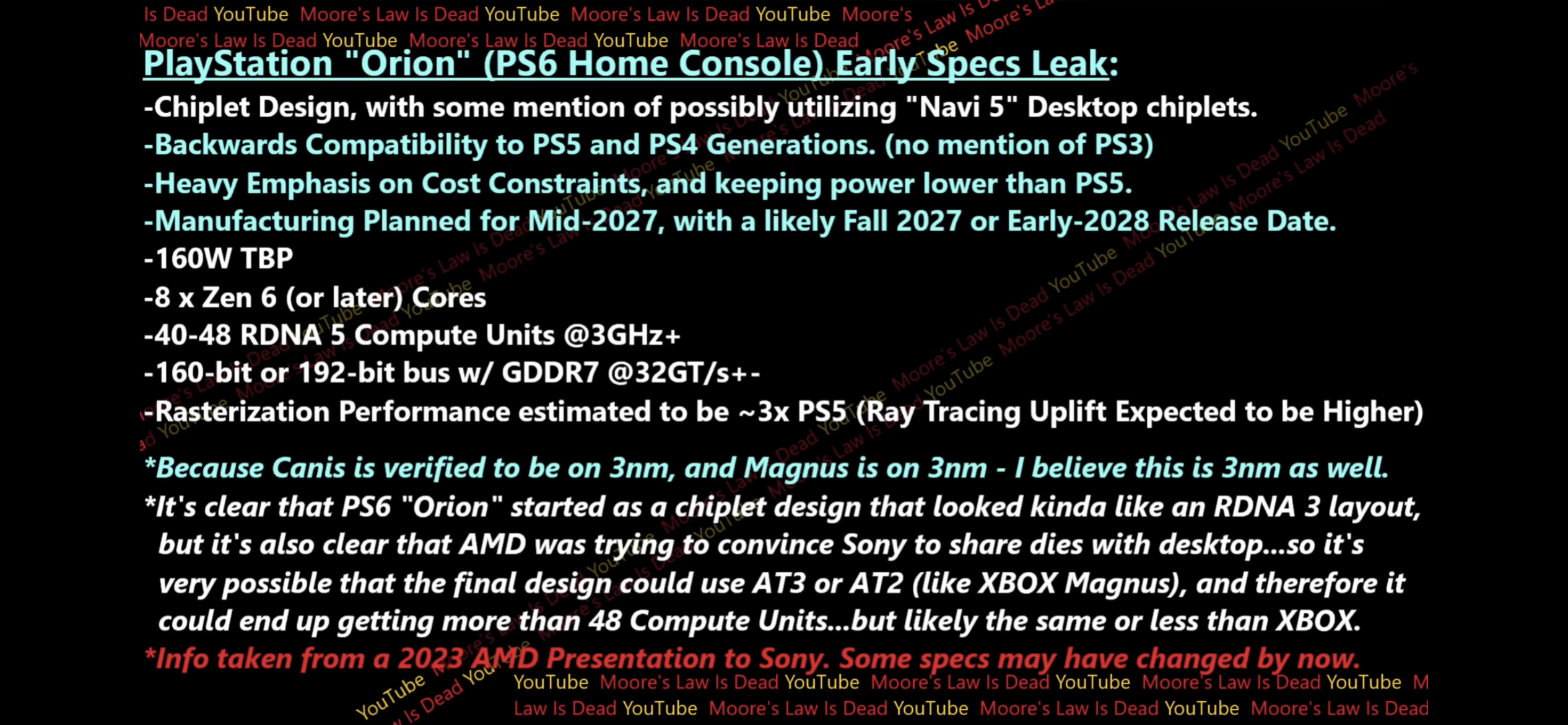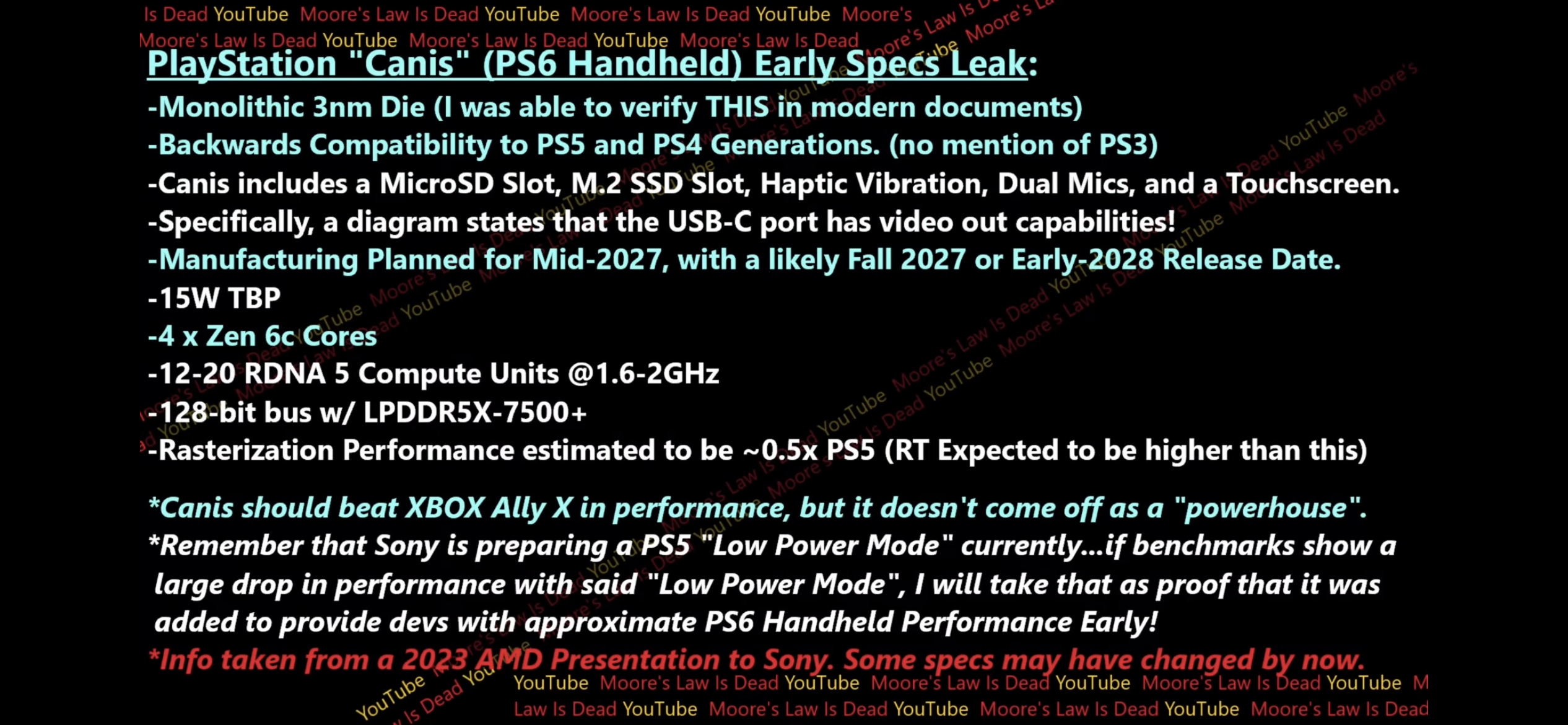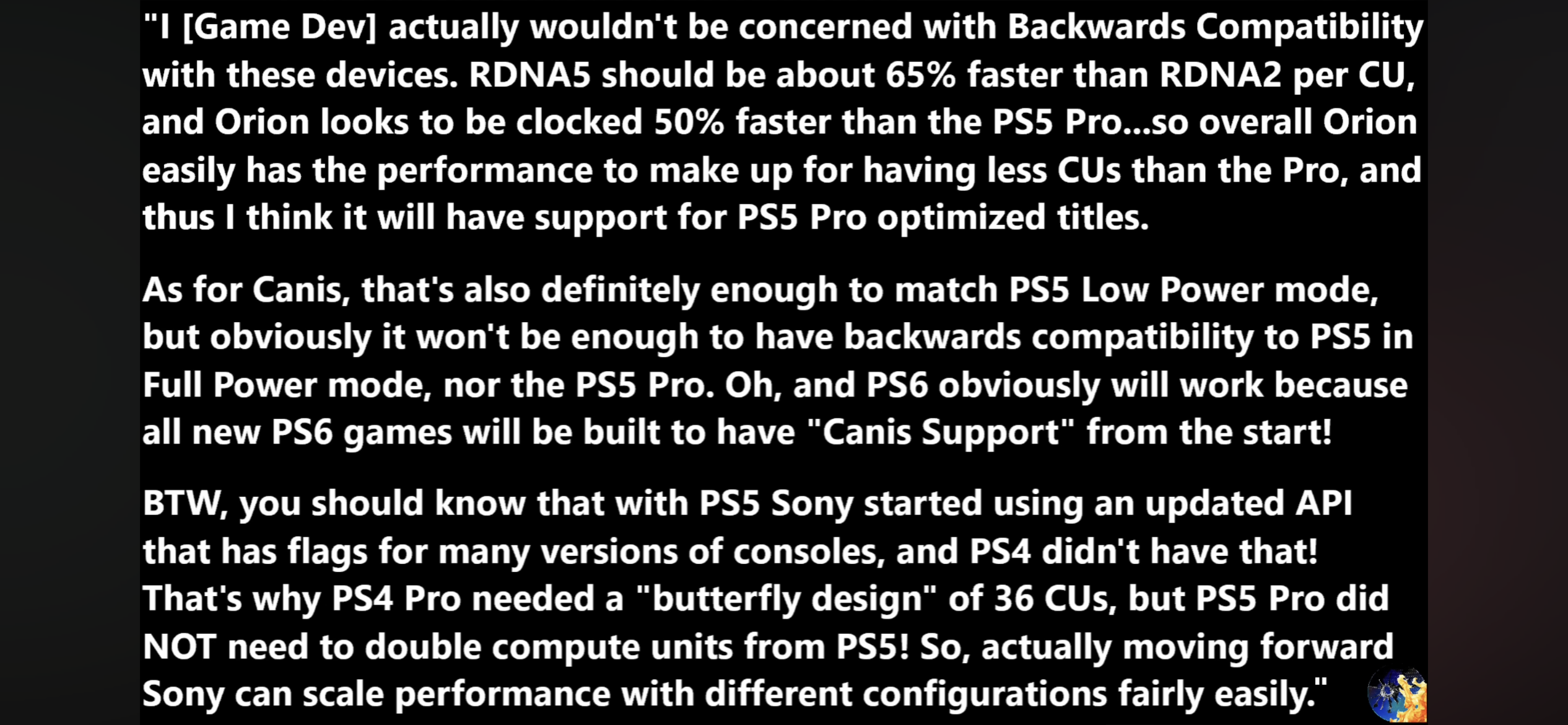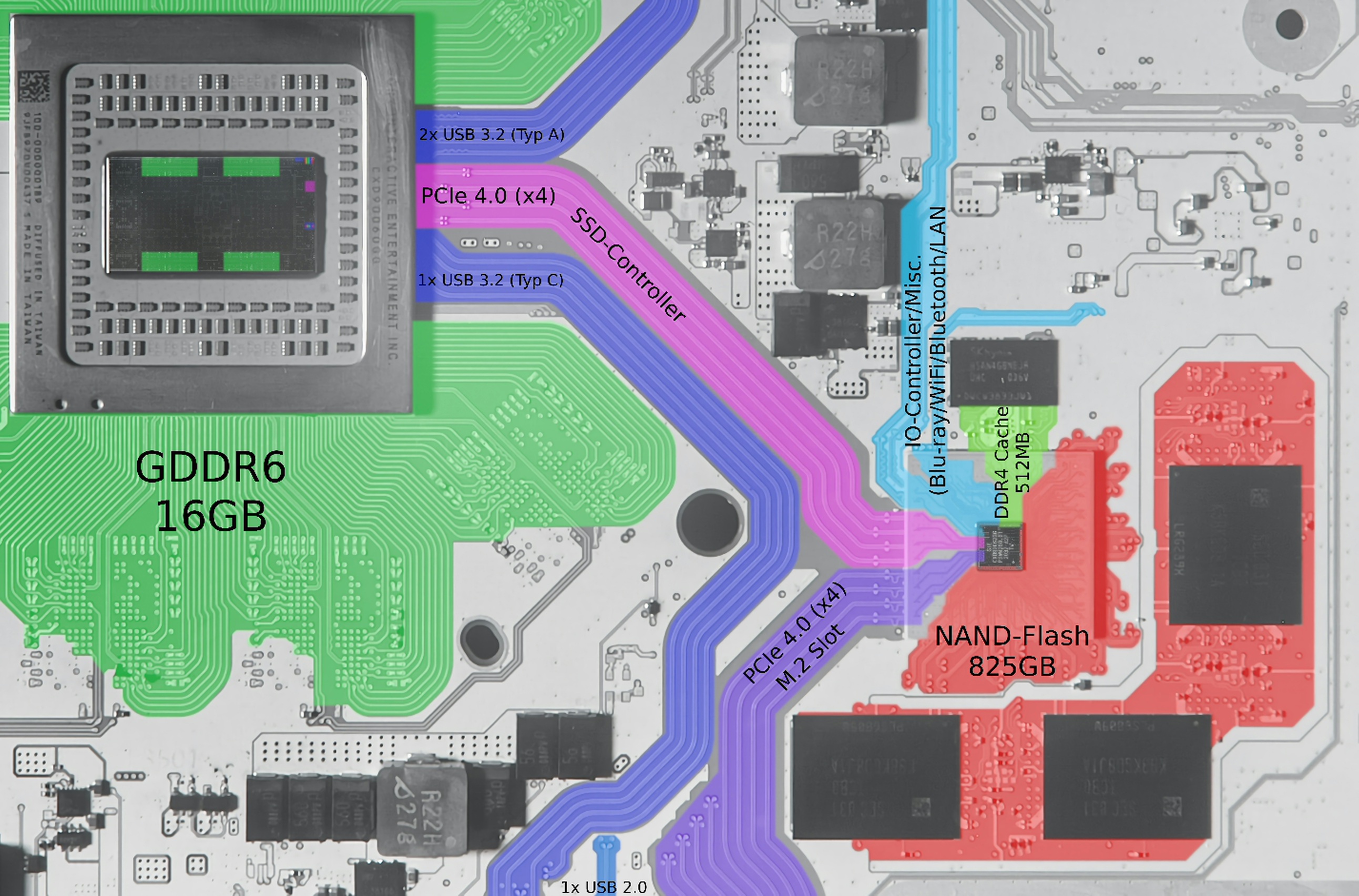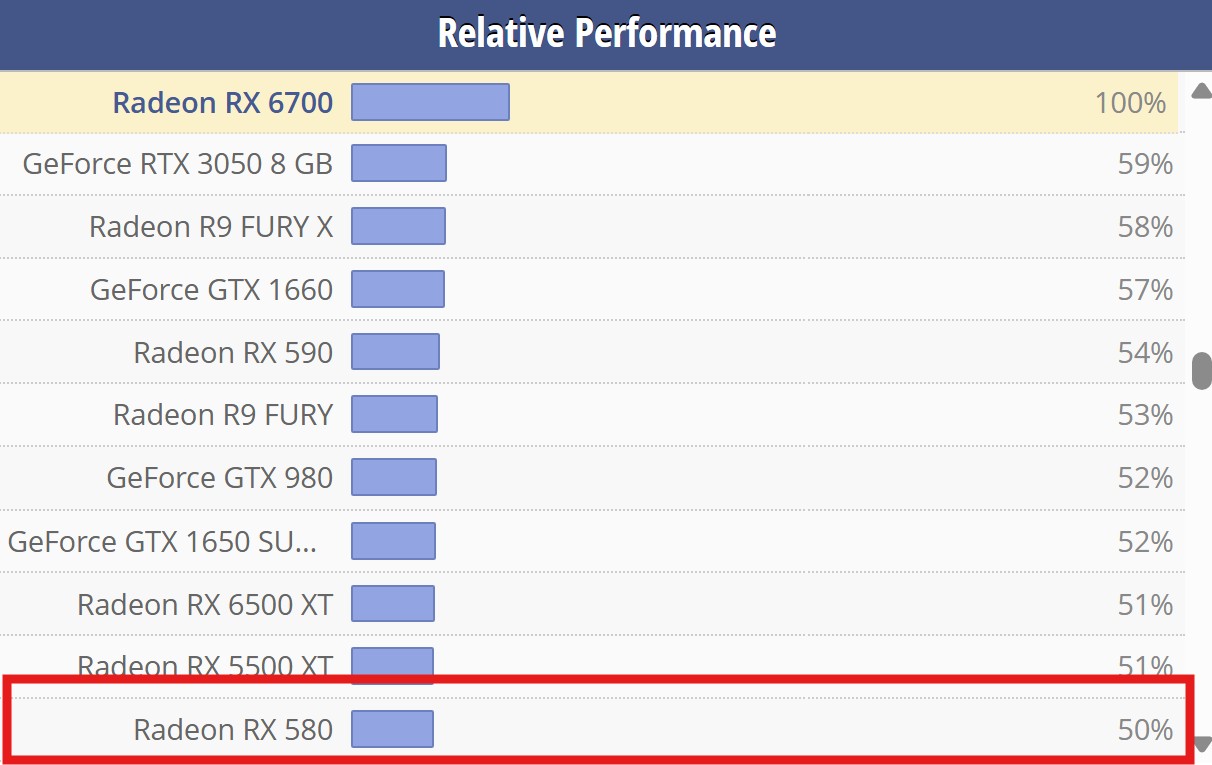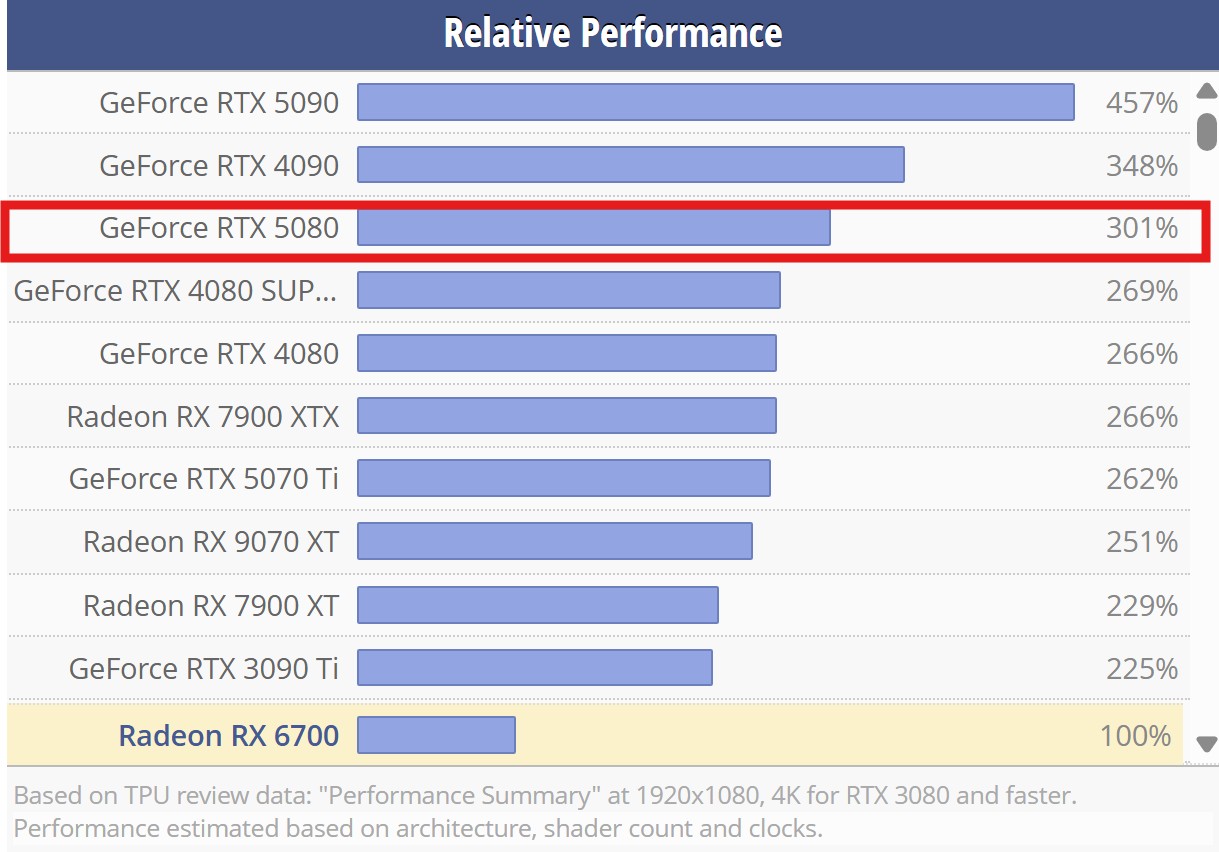You need to understand Magnus and PS6 serve very different purpose. MS is tying Xbox hardware to the PC ecosystem so that it will exist as long as PC Gaming will exist. MS, AMD, OEMs are going to use Magnus and other APUs with Console library BC to build Xbox PCs, Xbox Consoles, Xbox Laptops, Xbox Handhelds, Xbox Cloud.
OEMs will only build devices with the greatest TAM (Total Addressable Market). So that's why they need to cater to both PC Gamers (third party stores) and Xbox Console gamers (Console library BC). They want powerful devices that can attract the pre built gaming PC and Console userbase.
90 million windows devices are sold every quarter. IF AMD with their APUs can capture even 10% of that market, that would be 9 million devices sold every quarter. All of those would be Xbox library compatible. So Magnus needed to be extremely powerful, and MS and AMD will give the OEMs even more powerful APUs in 2-3 years.
Sony can't afford to build extremely powerful super expensive devices because they need to create a closed market that they control. While MS latches on to PC Gaming market, one that is their backyard. So MS doesn't care how many devices are sold, if they sell everywhere anyways and if they know every AMD APU will be Xbox compatible.
PS6 won't be as powerful as Magnus, Sony wants to keep selling closer to $599. Unless they still plan to keep selling PS5s as the entry point devices.
The part that would be concerning for non-modern SIE in this "PC-console" approach by Microsoft, is that homogenization of technology between the console & PC segments has brought economies of scale benefits to the latter. Paired with advancements in game engines and their scalability, and proliferation of gaming storefronts like Steam which are available on Windows, there is a very real chance in the next 5-10 years of the "PC-console" market offering "good enough" performance, virtually 1:1 QOL/ease-of-use of a mass-market console at a competitive (or even cheaper) price point, with many more features and exclusive games available compared to a PlayStation.
And it's during that point where PlayStation as a console does risk becoming truly irrelevant, if SIE's only path forward with hardware is to simply try competing on slowing power growths, price, and past legacy of the brand. Common mistake I see people make is believing one single "PC-console" device needs to have PS-level market reach. Maybe that'd be more the case for Valve's, since they run Steam OS, but the Xbox ones? Windows is the brand and it's the one thing they're going to share in common to proliferate. I think SIE need to be very weary going forward because the way MS basically let Xbox consoles roll over and wither away, they're not going to let the same happen with these new devices. Windows actually means something to them. Even if it's OEMs or Valve who get the immediate benefits of a "PC-console" market sector growth, Microsoft's the one who still retains the power in that relationship unless, again, their approach fails but Valve's proliferates (which is very possible, and something I'd personally prefer).
People keep saying MS gave up on the living room. No they haven't; they're just readjusting their approach. If Bootleg Windows on traditional Xbox consoles made by one company couldn't squeeze PlayStation out, legit (optimized for gaming) Windows on non-traditional Xboxes made by various companies is the other approach. Convergence of technologies, devs/pubs between the console & PC spaces, universality of game engines & APIs plus economies of scale have made that a viable approach now, which didn't exist back in 2001 or 2005, or 2013 for that matter. I personally think SIE are treading down a path of destruction by underestimating PC gaming as a competing standard to console, likely misreading Microsoft's long-term motives and underestimating Xbox, and taking the PlayStation brand for granted while diluting the value of their own hardware by putting their games on other platforms which still compete with PlayStation...but I guess Totoki, Hulst, & Nishino don't feel that way. The Board of Directors don't feel that way, and I guess most of the shareholders don't either.
I think time will ultimately prove all of them
wrong, but we've got other pieces of this performance to play out.

